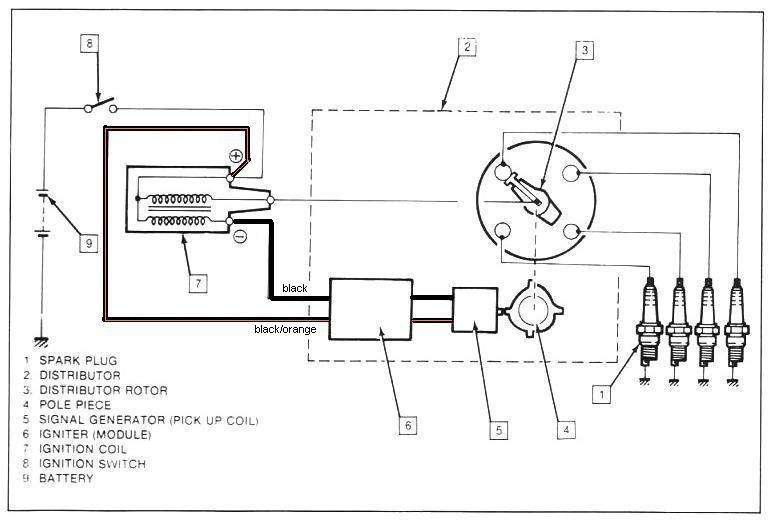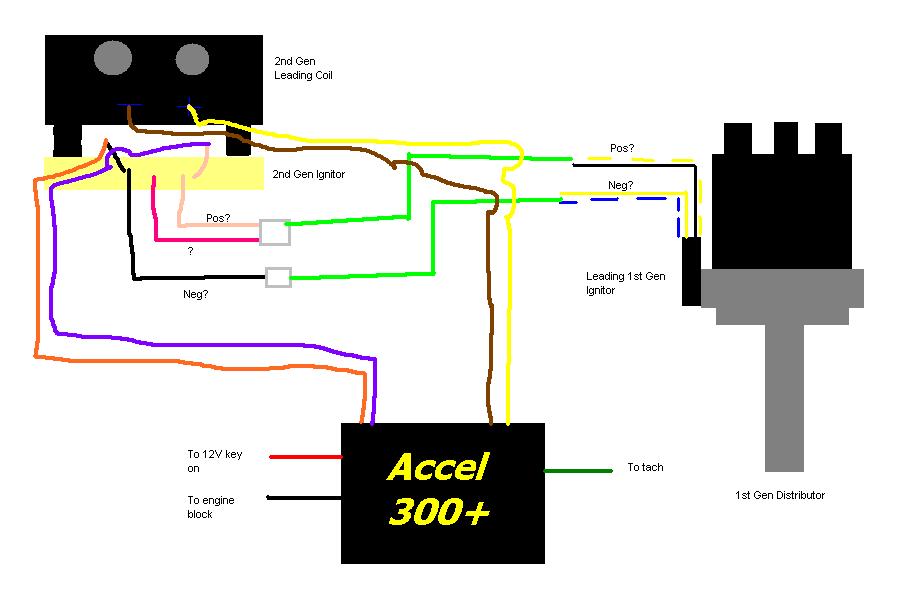Accel Ignition Wiring Diagrams are essential tools for any mechanic or car enthusiast looking to understand and troubleshoot their vehicle’s ignition system. These diagrams provide a visual representation of the wiring connections and components involved in the ignition system, helping users to identify potential issues and make necessary repairs.
Why Accel Ignition Wiring Diagrams are essential
Accel Ignition Wiring Diagrams are essential for the following reasons:
- Help in understanding the layout and connections of the ignition system components.
- Assist in diagnosing and troubleshooting electrical issues.
- Provide a reference for proper wiring connections during repairs or upgrades.
How to read and interpret Accel Ignition Wiring Diagrams effectively
Reading and interpreting Accel Ignition Wiring Diagrams can be daunting for beginners, but with some guidance, it can be a valuable skill. Here are some tips:
- Start by identifying the key components in the diagram, such as the ignition coil, distributor, spark plugs, and battery.
- Follow the wiring lines to understand how each component is connected and the flow of electricity.
- Pay attention to symbols and color codes used in the diagram to differentiate between different wires and components.
Using Accel Ignition Wiring Diagrams for troubleshooting electrical problems
Accel Ignition Wiring Diagrams can be invaluable when troubleshooting electrical problems in your vehicle. Here’s how they can help:
- Identify faulty connections or components that may be causing the issue.
- Pinpoint areas where there may be a short circuit or open circuit that needs to be addressed.
- Guide you in testing and checking the continuity of wires and components to find the root cause of the problem.
Importance of safety when working with electrical systems and using wiring diagrams
When working with electrical systems and using wiring diagrams, safety should always be the top priority. Here are some safety tips and best practices to keep in mind:
- Always disconnect the battery before working on any electrical components to prevent accidental shocks or short circuits.
- Use insulated tools to avoid electric shocks when working with live circuits.
- Avoid working on electrical systems in wet or damp conditions to reduce the risk of electrical hazards.
- Double-check your connections and wiring before reapplying power to the system to prevent potential damage or safety risks.
Accel Ignition Wiring Diagram
Accel Control Module Wiring Diagram | Wiring Diagram Library – Ford

Accel Points Eliminator Wiring Diagram

Wiring Diagram For And Accel Distributor Mallory Ignition Throughout

Accel 59107 Hei Distributor Wiring Diagram | New Wiring Resources 2019

Accel Super Coil Wiring Diagram – Free Wiring Diagram

Accel Super Coil Wiring Diagram – Easy Wiring
